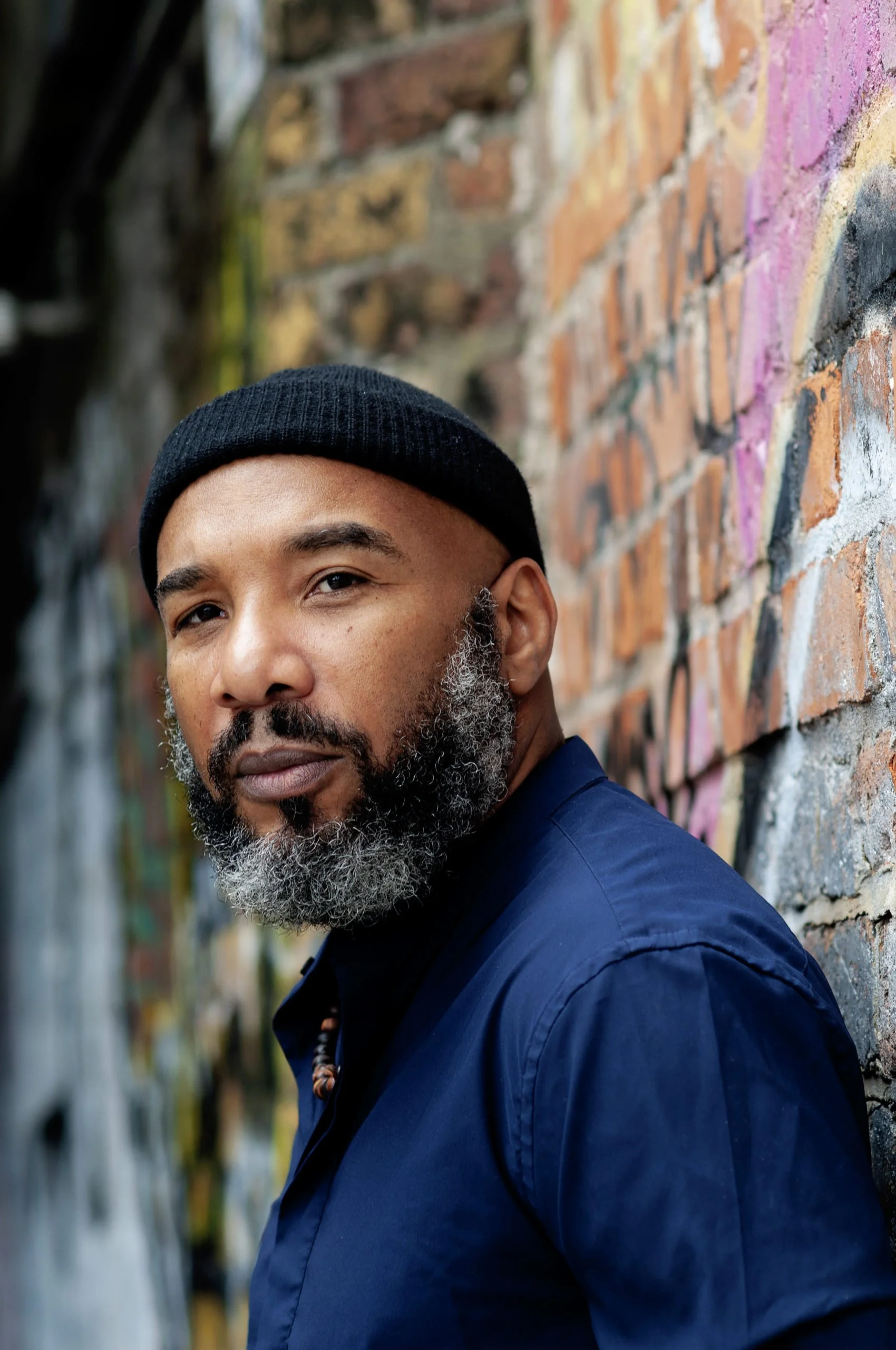SONNET L'ABBÉ
/Award-winning Poet · Songwriter · Author of Sonnet’s Shakespeare
Editor of Best Canadian Poetry in English
Sonnet’s Shakespeare itself came out of thinking about the form of erasure, what working in that form could do and mean… And I was looking at critical writing about it, and I couldn't find anything that talked about the role of the poet who is doing that as censorial or as somehow violencing the original text. I was thinking about my resonance with the word erasure and thinking about censoring and deleting what somebody else has already said resonates with me as an analogy for being black, being mixed race, being racialized, and non-European in spaces that are predominantly Anglo-Canadian. One tries very hard. At least I did as a child, as a teenager, to just try to fit in and make my visible difference as minimal, as invisible as possible. So it's a way of thinking about erasing the self. And so I took that theme and thought, How do I show through a poetic erasure this dynamic of self-erasure and feeling erased?


